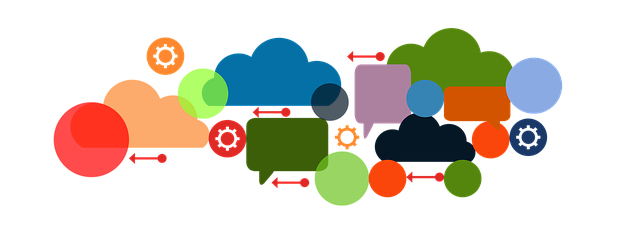AI whistleblower compliance tools powered by machine learning are transforming pest control, offering unprecedented precision and efficiency in identifying pest activity before threats escalate. Analyzing vast datasets from sensors and cameras, these tools enable faster, more accurate responses compared to traditional methods while optimizing resource allocation through precise infestation locations. With their potential to revolutionize pest management practices, these AI solutions are crucial for sustainable agriculture, environmental conservation, and maintaining public trust, emphasizing responsible implementation with data privacy, security, and whistleblowing mechanisms for ethical practices and regulatory compliance.
“Unleashing the power of artificial intelligence (AI) in pest detection is revolutionizing the landscaping industry. This innovative technology promises precise, efficient solutions for a growing global challenge—pest management. In this article, we explore ‘AI Whistleblower Compliance Tools’ and their role in transforming traditional pest control methods. From ‘Unveiling the Potential’ to understanding the importance of responsible AI implementation through ‘Navigating Compliance,’ we delve into the future of pest management, where AI takes center stage.”
- Unveiling the Potential: AI's Role in Pest Detection
- Navigating Compliance: Tools for Responsible AI Implementation
- The Future of Pest Management: A Look Ahead with AI Whistleblower Tools
Unveiling the Potential: AI's Role in Pest Detection

The integration of Artificial Intelligence (AI) into pest detection systems is transforming the way we approach and manage pest control. AI whistleblower compliance tools, powered by machine learning algorithms, offer unprecedented precision and efficiency in identifying and mitigating pest infestations. By analyzing vast datasets from various sensors and cameras, these tools can detect subtle patterns indicative of pest activity, often before they pose significant threats to crops or structures.
This innovative application of AI leverages its ability to learn and adapt from data, enabling faster and more accurate responses than traditional methods. Moreover, AI-driven solutions can optimize resource allocation by pinpointing exact locations of infestations, reducing the use of pesticides and other chemicals. With their potential to revolutionize pest management practices, these tools are set to play a pivotal role in sustainable agriculture and environmental conservation.
Navigating Compliance: Tools for Responsible AI Implementation

As AI continues to transform industries, responsible implementation is paramount, especially in sectors like pest detection where ethical considerations and regulatory compliance are crucial. Navigating compliance for AI-powered tools involves a multi-faceted approach. Firstly, ensuring data privacy and security is essential, as these tools often process sensitive information. Developers must employ robust measures to protect user data, adhering to regulations like GDPR or industry-specific standards.
Additionally, AI whistleblowers—mechanisms that enable users to report potential biases or ethical concerns—are valuable components of responsible AI implementation. These tools allow for transparent accountability and help identify and rectify issues early in the development cycle. By integrating such compliance measures, pest detection technologies can deliver accurate, unbiased results while respecting user rights and maintaining public trust.
The Future of Pest Management: A Look Ahead with AI Whistleblower Tools

The future of pest management is poised for a significant transformation with the advent of AI whistleblower compliance tools. These innovative technologies are revolutionizing the way we detect and address pest infestations, offering increased precision, efficiency, and environmental friendliness. By leveraging machine learning algorithms to analyze vast datasets, these tools can identify subtle patterns indicative of pest activity, enabling early intervention and minimizing damage.
AI whistleblower tools hold immense potential for enhancing agricultural productivity, protecting ecosystems, and ensuring consumer safety. Their ability to process real-time data from sensors, drones, and satellites allows for proactive pest control strategies, reducing the reliance on chemical pesticides. This shift towards digital pest management not only promotes sustainability but also empowers farmers and industries to make informed decisions, fostering a more robust and resilient ecosystem.
AI has the potential to revolutionize pest management, offering advanced detection methods through innovative tools. As we look ahead, responsible AI implementation is key, and AI whistleblower compliance tools play a crucial role in ensuring ethical practices. By embracing these technologies, we can create a sustainable future where pest control is both effective and environmentally conscious.
